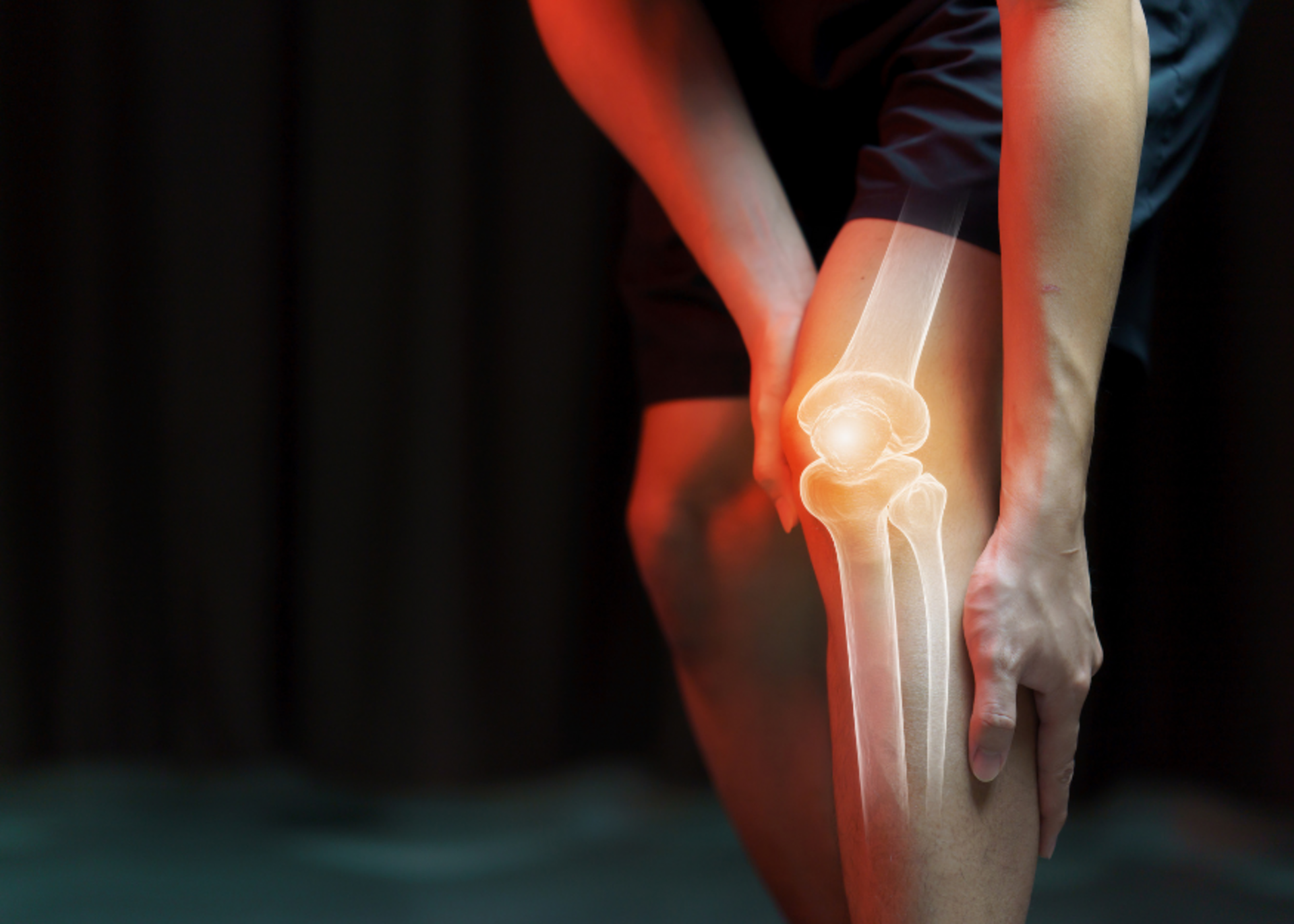Joint Replacement Surgery | Dr Mayank Pathak
Joint pain and stiffness can severely impact your daily life, making simple tasks challenging. When non-surgical treatments fail to provide relief, joint replacement surgery can be a transformative solution. Dr. Mayank Pathak, a leading Orthopaedic and Joint Replacement Surgeon in Kharadi, Pune, explains the essentials of joint replacement surgery and how it can restore mobility and improve quality of life.

What is Joint Replacement Surgery?
Joint replacement surgery is a procedure where a damaged joint is replaced with an artificial implant, also known as a prosthesis. It is most commonly performed on weight-bearing joints such as the hip, knee, and shoulder, where wear and tear or injury has caused severe damage.
The primary goal of the surgery is to alleviate pain, improve joint function, and enhance mobility.
Common Reasons for Joint Replacement
Several conditions may necessitate joint replacement surgery, including:
- Osteoarthritis: The most common cause of joint damage due to cartilage wear.
- Rheumatoid Arthritis: An autoimmune condition causing chronic inflammation and joint deformity.
- Trauma or Fractures: Severe injuries leading to irreparable joint damage.
- Avascular Necrosis: A condition where bone tissue dies due to lack of blood supply, affecting joint health.
Types of Joint Replacement Surgeries
1. Knee Replacement
Knee replacement surgery is performed to replace damaged cartilage and bone in the knee joint with prosthetic components. It can be:
- Total Knee Replacement (TKR): Entire knee joint is replaced.
- Partial Knee Replacement: Only the damaged portion of the knee is replaced.
2. Hip Replacement
Hip replacement involves replacing the damaged hip joint with an artificial one. It can be:
- Total Hip Replacement (THR): Both the femoral head and acetabulum are replaced.
- Partial Hip Replacement: Only the femoral head is replaced.
3. Shoulder Replacement
Shoulder replacement surgery replaces the damaged parts of the shoulder joint to improve mobility and reduce pain. It includes:
- Total Shoulder Replacement: Entire joint is replaced.
- Reverse Shoulder Replacement: Used in cases of severe rotator cuff damage.
Benefits of Joint Replacement Surgery
- Pain Relief: Significant reduction or elimination of joint pain.
- Improved Mobility: Restores the ability to move and perform daily activities.
- Enhanced Quality of Life: Enables participation in hobbies and a more active lifestyle.
- Long-Lasting Results: Modern implants can last 15–20 years or more with proper care.
Advancements in Joint Replacement Surgery
Dr. Mayank Pathak emphasizes the importance of recent advancements that have improved outcomes for patients:
- Minimally Invasive Techniques: Smaller incisions reduce recovery time and postoperative discomfort.
- Robotics-Assisted Surgery: Enhances precision in implant positioning, leading to better functionality.
- Customized Implants: Designed to suit individual anatomy for a more natural feel.
Recovery and Rehabilitation
Post-surgery, recovery involves a combination of:
- Physical Therapy: To strengthen muscles and improve joint mobility.
- Pain Management: Medication and techniques to manage postoperative pain.
- Lifestyle Modifications: Adopting joint-friendly activities and maintaining a healthy weight to prolong implant life.
Who is a Candidate for Joint Replacement?
You might be a candidate for joint replacement surgery if:
- Pain and stiffness limit daily activities.
- Non-surgical treatments like medications, physiotherapy, and injections fail to provide relief.
- Imaging tests confirm significant joint damage.
Why Choose Dr. Mayank Pathak?
Dr. Mayank Pathak is a trusted name in Kharadi, Pune, for advanced joint replacement surgery. With a patient-centric approach and expertise in minimally invasive techniques, he ensures successful outcomes and quick recovery for his patients.
Schedule a Consultation Today
If joint pain is holding you back, it’s time to take the first step towards a pain-free life. Visit Dr. Mayank Pathak at his clinic in Kharadi, Pune, for expert diagnosis and personalized care.
Read More:
DAYCARE, FAST TRACK TOTAL KNEE REPLACEMENT (TKR) SURGERY? |Dr. Mayank Pathak
Read More:
DAYCARE, FAST TRACK TOTAL KNEE REPLACEMENT (TKR) SURGERY? |Dr. Mayank Pathak
Book Appointment